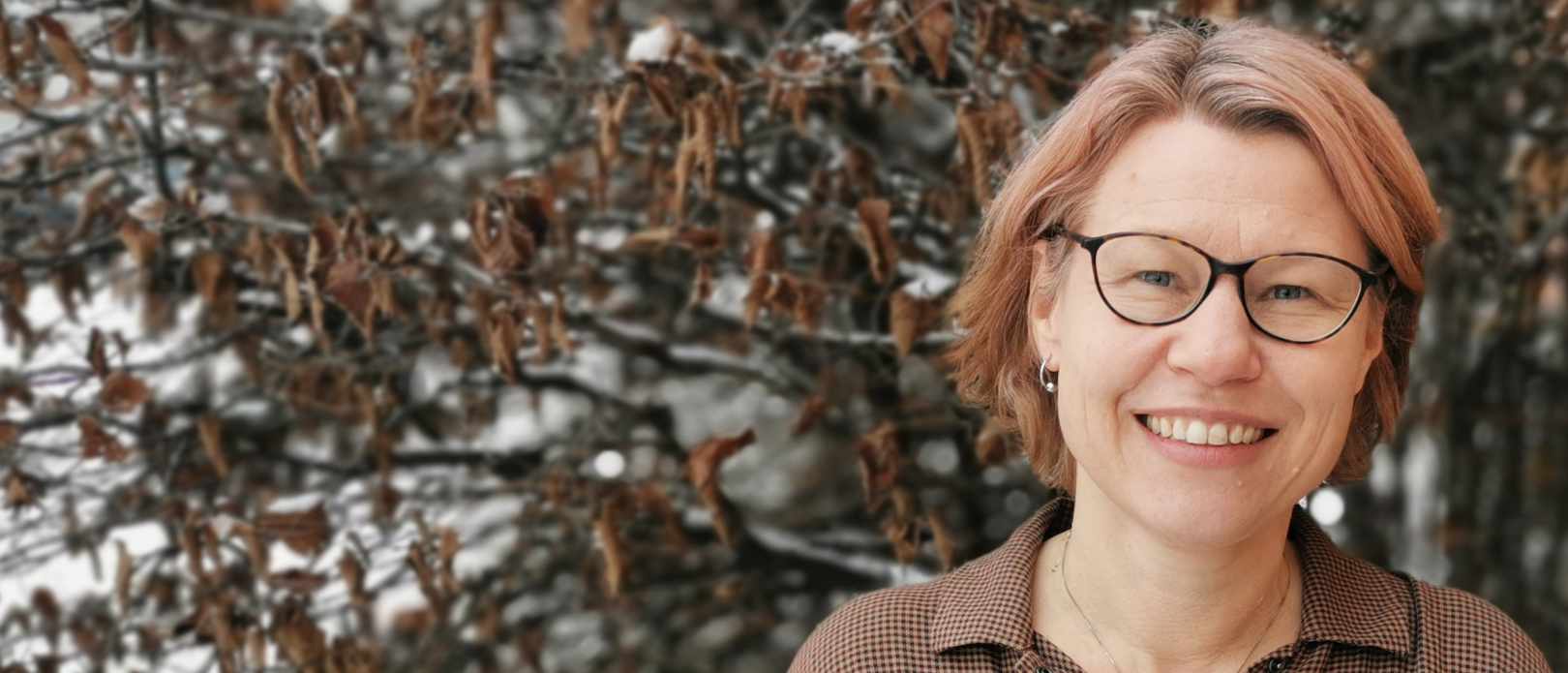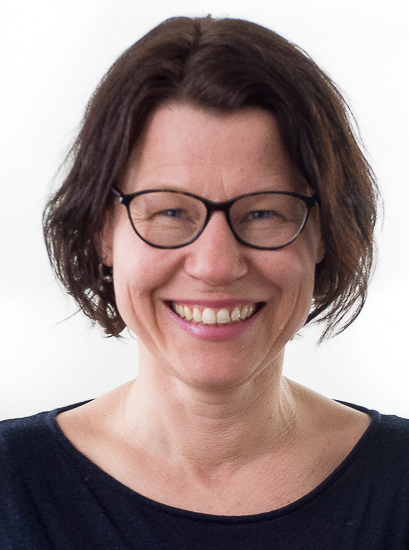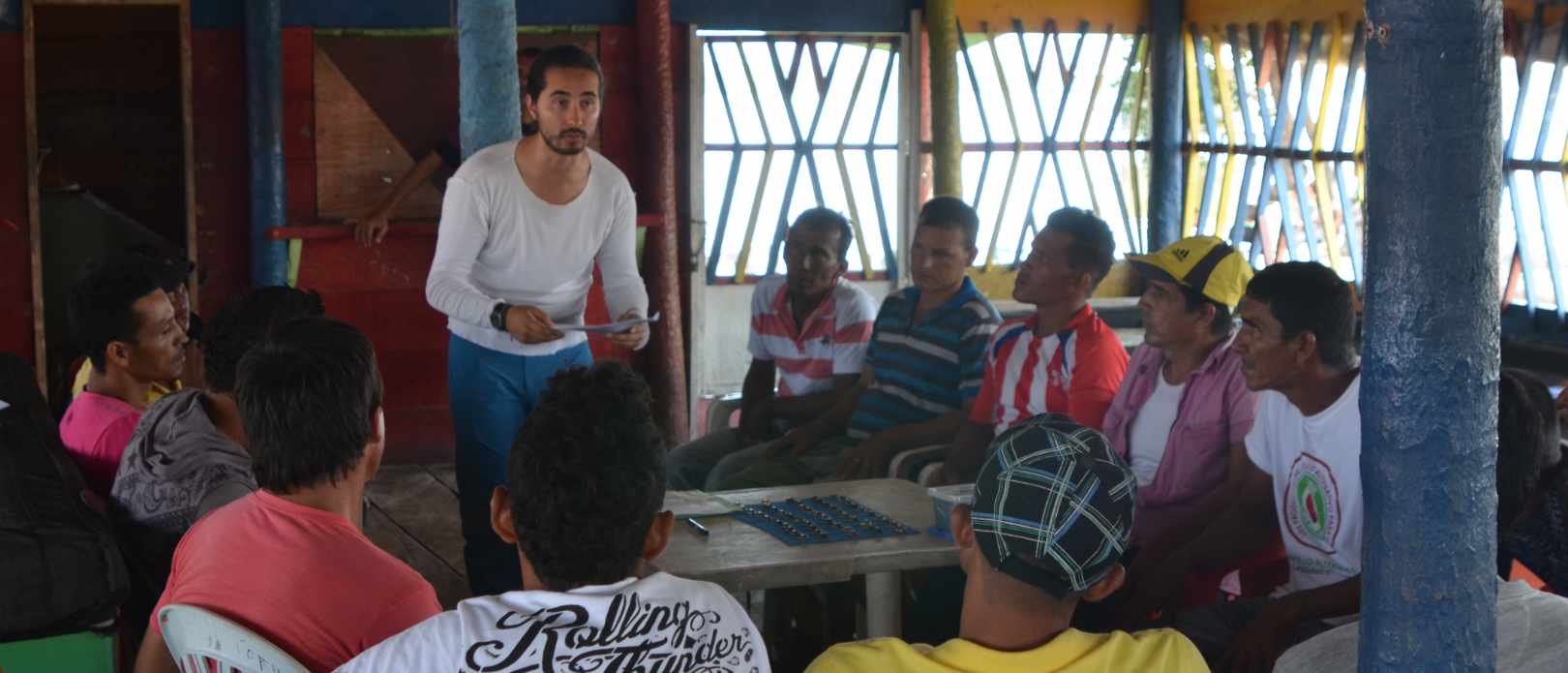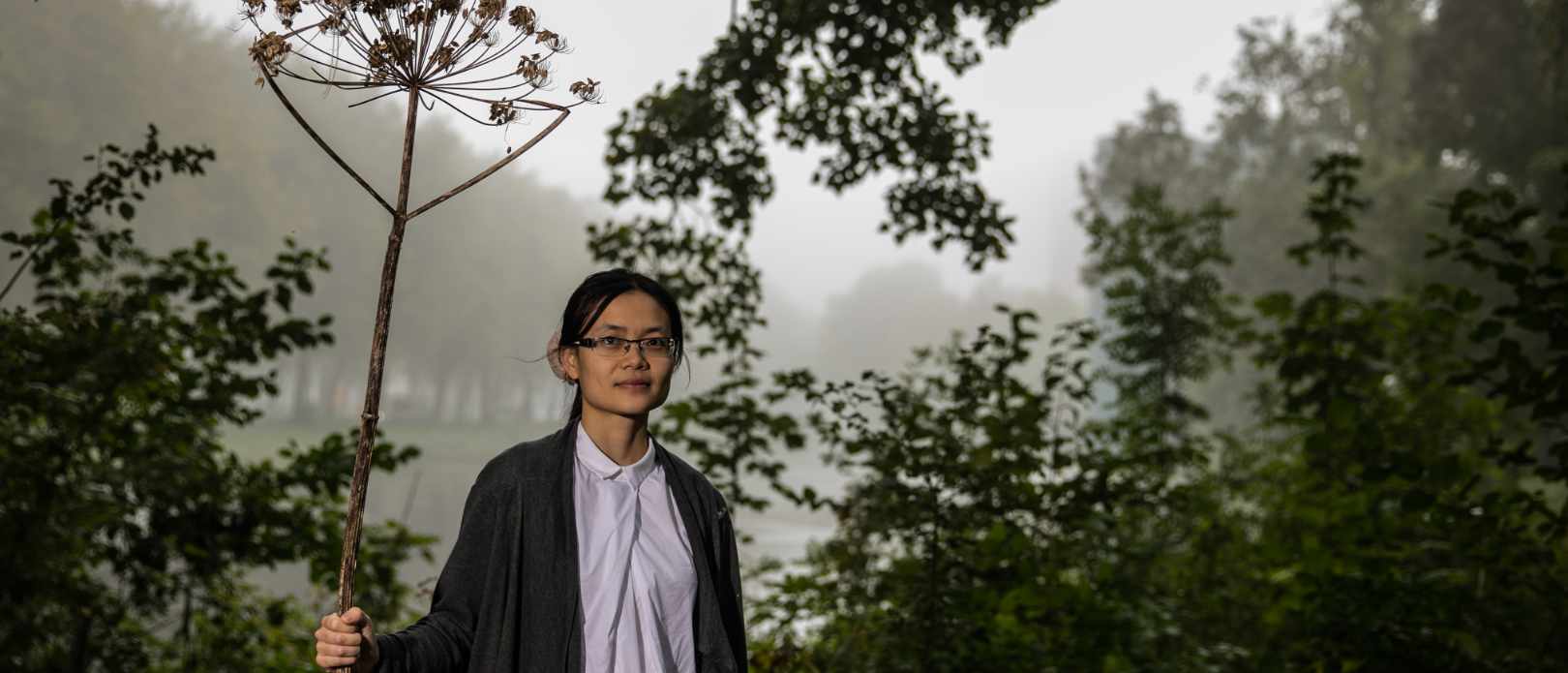RESEARCH PROFILES
The agents and their models

Emilie Lindkvist is one of the new leaders of the centre’s new research theme on interacting complexities. Photo: C. Ballard
Centre researcher Emilie Lindkvist on using modelling to get to grips with the complexities and intertwinedness of humans and nature
- In 2020, the centre introduced new research themes to reflect a shift in its research focus
- One of the new theme leaders are Emilie Lindkvist who will co-lead the new Interacting complexities theme
- Lindkvist's research focuses on regime shifts and tipping points, and trying to understand where these potentially disastrous shifts are likely to happen
Computers make life look so easy. With their models they can help us make sense of the world and understand how our actions influence the environment.
But behind every great model there is always a smart human being , which is where centre computer whizz Emilie Lindkvist comes in. She uses agent-based modelling to untangle the complex web of interactions and interdependencies between humans and their surroundings so that we can make better decisions for both humans and nature.
In this interview Lindkvist, one of three new leaders of the centre’s interacting complexities research theme, tells us about the merits of agent-based modelling, the challenges of this kind of interdisciplinary science, as well as her excitement for the theme’s focus on further developing cutting edge methodologies that integrate different approaches and understandings of complexity into social-ecological systems research.
Emilie, you’re a modeller who works with models using qualitative data to help our understanding of complex adaptive systems. How is this different from the way people usually think about models?
People tend to think about predictive statistical models, which are often based on large quantitative data sets. This type of model may tell us what is likely to happen in the future, but do not get to grips with the why and the how.
The agent-based models I work with, on the other hand, are explicitly used for understanding mechanisms, acting as tools to help us understand how a system works, ask new questions, and perhaps see a system in a new way. And instead of large quantitative data sets, these models use qualitative understandings from the field.
For example, in one of my projects I am looking at why some small-scale fishing communities in Mexico organise their daily fishing activities through cooperatives, while in others there is a top down structure where fishers work directly with buyers. This is interesting because despite large incentives from NGOs and governments for building a cooperative way of governing fish resources, there are many communities where this is not happening.
We developed an agent-based model to help us understand under what conditions more top down rather than cooperative ways of organising community-based fishing activities emerge. We can use this information to shed light on how and why local contexts matters, and how future policies may take into account this understanding.
So what kind of information do you put into the model?
We use knowledge from NGOs, sociologists, economists, and of course community members themselves about how decisions are made within the community, as well as information on more general characteristics of the community.
Through our research we have shown that a criteria for organising fishing activities in cooperatives is having community stability. When a community is located in close proximity to a big city there is a big influx of fishers going back and forth to the city.
Without the trust that comes with continuity of people, cooperative forms of management are very difficult to maintain, which means communities closer to cities are more likely to stick with this top down approach.
You have a computer science background. How did you get into this kind of research?
Quite by chance. I had worked in the private sector for a few years, but I knew it wasn’t going to keep challenging me. A research assistantship in AI modelling of adaptive co-management eventually led to a PhD. And from developing theoretical models I now work on more empirical models that integrate case-based research, like these understandings of small-scale fisheries.
It was actually quite interesting coming from a computer science background as I had to learn the resilience and social-ecological systems side of things from scratch (and I feel like I’m still learning)!
What else are you working on at the moment?
I’m in the exciting phase of analyzing fieldwork data and designing the agent-based model in tandem for OctoPINTS - a project I lead on temporary Octopus closures as an intervention in small-scale fisheries in the Western Indian Ocean.
We’re untangling what defines success of these interventions for different stakeholders, and how fishers and fish workers' perceptions of closures influences their actions going forward. We take a gender perspective on how fishery activities are influenced by gender and other social groups.
You’ve just won an impressive grant, congratulations! What’s in store?
Thanks. With this grant from the Swedish Research Council for Sustainable Development (Formas), we hope to identify synergies and trade-offs between reducing inequalities (SDG 10) and safeguarding the biosphere (SDGs 14 and 15), which is really exciting. Our goal is to understand how different kinds of inequalities today influence future inequalities, and how vicious cycles of worsening inequalities may be broken.
What are the challenges of your kind of work?
It’s definitely its interdisciplinary nature - the tensions that can arise when trying to bring together the natural and social sciences. Fisheries researchers are often natural scientists, and they want lots of quantitative data - data that “tells the truth”. But my models are mostly based on qualitative understandings - knowledge from experts, interview data, log books and more recently from participant observation or ethnographic studies.
Natural scientists and economists sometimes see little value in building these kinds of models, which means there is an epistemological difference that is really hard to resolve in interdisciplinary publications aimed for a fisheries audience.
Related to this, I’m also part of CauSES, a project investigating cause and effect in social-ecological systems. We are just about to publish our first paper on why causation in sustainability sciences is critical yet complicated because of the needs to combine knowledge, theories and methods on causation from the natural and social sciences.
That said, I love being able to learn from different disciplines. I work with sociologists from different parts of the world, NGOs, philosophers, ecological modellers, marine scientists, and integrating all of this knowledge is part of the journey.
As one of the leaders of the SRC research focus on interacting complexities, what are you most excited about?
The new interacting complexities theme is very much still in development, but there is one thing I am particularly excited about.
To study interacting complexities of social-ecological systems, we need methods that combine understanding of ecology, human behavior and whole societies - advancing and developing methods and their philosophical underpinnings for this purpose is something that I am very excited about!
The theories that come with existing disciplinary methods can conflict in the way they see the world and think about “knowledge”. We are going to look at different ways of moving beyond traditional disciplinary divides. It’s still a young science, but hopefully we can contribute to resolving these tensions, making real progress in the field.
Much research at the centre is applied. Why is this kind of research with a focus on developing general understandings also important?
Applied, case study-based social-ecological systems research is vital, but it is also important to develop general understandings across sets of cases that unpack why we see certain things in certain areas or contexts.
Over time this helps us develop a stronger general theoretical understanding of how human and ecological systems are intertwined, which in turn helps us understand the world better and develop more effective policies!









